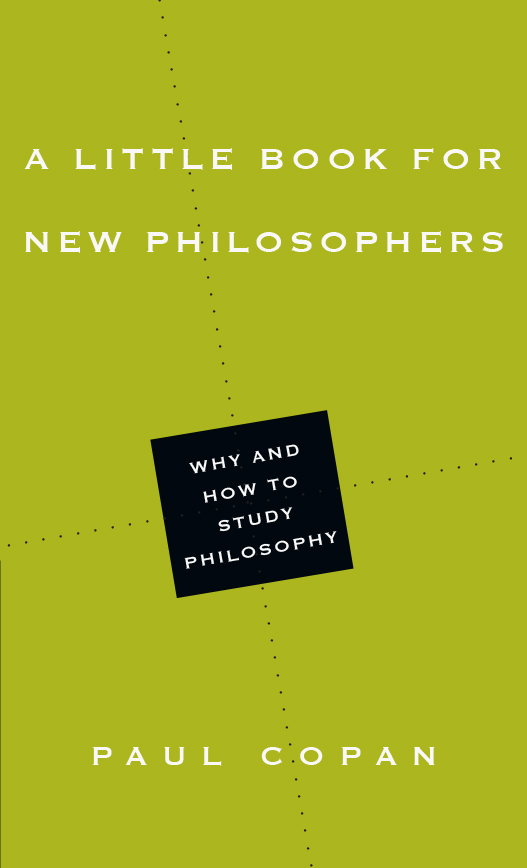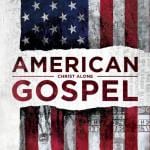
We have to feel a little bit sorry for philosophers writing popular introductions to their profession. They always have to begin by defending their own existence in a way that most other disciplines don’t. A book introducing a broader or ‘more practical’ discipline called A Little Book for New Engineers or A Little Book for New Biologists or A Little Book for New Political Scientists wouldn’t have to spend the first half of the book explaining why one would want to be a Engineer, Biologist, or Political Scientist in the first place. [Note to IVP: If you’re looking for someone to write A Little Book for New Political Scientists, I’m happy to offer my services…] A book introducing a narrower discipline, even if less practical, called A Little Book for New Literary Critics or A Little Book for New Equestrians likewise would not need such an introduction, as it would be unlike to be picked by anyone who isn’t already interested in the topic. Philosophy, for better or worse, is a large enough discipline that everyone has at least heard of it, but its nuts and bolts are not very well known and are perceived as “impractical.” As a result, the discipline is often perceived as needing extra defense.
Paul Copan gives this extra defense skillfully in A Little Book for New Philosophers. The first half of the book is even called “Why Study Philosophy?” But, in the course of giving a thoughtful answer to that question, Copan also presents an introduction both to the subject matter of philosophy as a whole and to some of its major subcategories. The second half of the book, “How to Study Philosophy”, outlines the various settings in which philosophy operates, including the personal obligations of philosophers to be virtuous themselves, the community in which philosophy happens, the criteria for proper skepticism, and some guiding questions to help us decide if philosophy is something we ought to be intentionally (or even professionally) pursuing.
What’s more, Copan gives us all of this within the context of traditional Christian categories and philosophical assumptions (themselves fair game for philosophical inquiry). That is not to say he isn’t engaging with “worldly” philosophy. He is just clear that such engagement does not need to cede the battleground to the atheist or agnostic thinkers upfront. Instead, Copan models how we can engage with each others’ ideas and thought in a way that is generous, fair, and takes everyone at their best instead of merely toppling the other side’s straw men.
But don’t let this high-level-sounding material scare you off! This is an introduction to philosophy, after all. And Copan does an excellent job of explaining what could have been treated as complicated subjects in a way that the interested and attentive layman will not struggle with.
If there is an obvious weakness in this book, it’s that it is too short. Which I suppose is to be expected from something with “Little Book” in its title. (If there is another obvious weakness, it’s that the title brings to mind Mao’s propaganda, but maybe that’s just me…)
All that to say that A Little Book for New Philosophers is an excellent book those who want to know whether or not to pursue philosophy. It also happens to be an excellent book for everyone else too.
Highly Recommended.
Dr. Coyle Neal is co-host of the City of Man Podcast and an Assistant Professor of Political Science at Southwest Baptist University in Bolivar, MO













